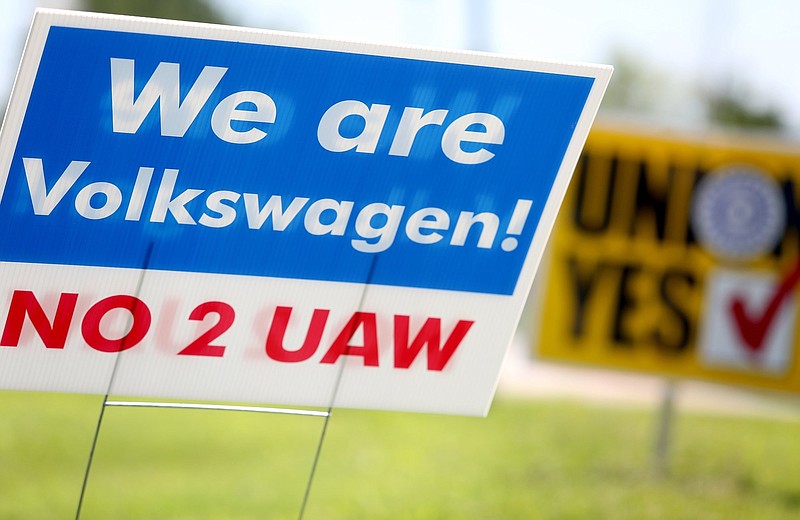It was on Sunday morning, March 3, that Starla Woods was awakened by the call that she had been dreading.
Woods is an Ohio autoworker who just the evening before had put in a nine-and-a-half hour shift at Stellantis' Toledo Assembly Complex (TAC). That morning, she was informed via robocall that she was one of 341 production employees at that facility who were being fired that day.
Roslyn Roberson received the same computerized message. And, as she later told a TV reporter for Channel 11, Toledo's CBS affiliate, Stellantis offered little to soften the blow: "They left us with one paycheck. They left us with no help with job placements; they left us with no severance pay. Just a 'thanks for your job,'" along with health insurance that expires at the end of this month.
While the termination calls were obviously "very depressing," by the time they happened they were not unexpected. In early December, Stellantis telegraphed its plans by announcing up to 1,094 TAC "supplemental" employees like Woods and Roberson, along with up to 131 "production operators/team members," would soon be laid off.
But just a couple of weeks before that bombshell hit, rank-and-file supplemental employees who pay dues to the United Auto Workers (UAW) were being told by national and local Big Labor bosses that their lives were about to get much better. Union brass had just struck deals with Stellantis, GM, and Ford after waging so-called "stand up strikes" against all three companies in the fall of 2023.
Mainstream media outlets bowed to the narrative heralded by openly anti-free enterprise UAW President Shawn Fain and his lieutenants about the union deals' impact. For example, a Nov. 14 report in the Detroit News, published shortly before the new UAW contracts were ratified, uncritically passed on union bosses' "estimate" that Stellantis "temps" like Woods and Roberson would see "economic gains valued at up to $197,800" over the length of the agreement.
Fain undoubtedly needed the votes of temp workers employed at Stellantis, Ford and GM to get the "historic" contracts he helped forge ratified so he could bask in the glow of UAW "success." However, Fain did not give any indication that within less than four months after ratification, roughly 1,800 Stellantis temps would already have been "released from work." Nor did Fain even hint at the possibility that thousands of production employees at Ford and GM would either already be laid off or be facing layoffs before the end of this winter.
Even as laid off unionized autoworkers are expressing their dismay about the UAW brass, Fain and his minions are pouring, by their own account, $40 million in dues money extracted from workers like Woods and Roberson into campaigns to secure monopoly-bargaining privileges over currently union-free autoworkers employed in right to work states.
Fain's message to production employees at facilities like the Volkswagen plant in Chattanooga, Tennessee, is that they will get "higher pay, more paid time off and more generous health benefits" if they help UAW officials seize power to "negotiate" how they are compensated and managed.
Given the miserable track record of making good on his word, Fain has already established during his still-short tenure as UAW president that there is no good reason Chattanooga or other currently union-free autoworkers ought to believe him.
Mark Mix is president of the National Right to Work Foundation.
